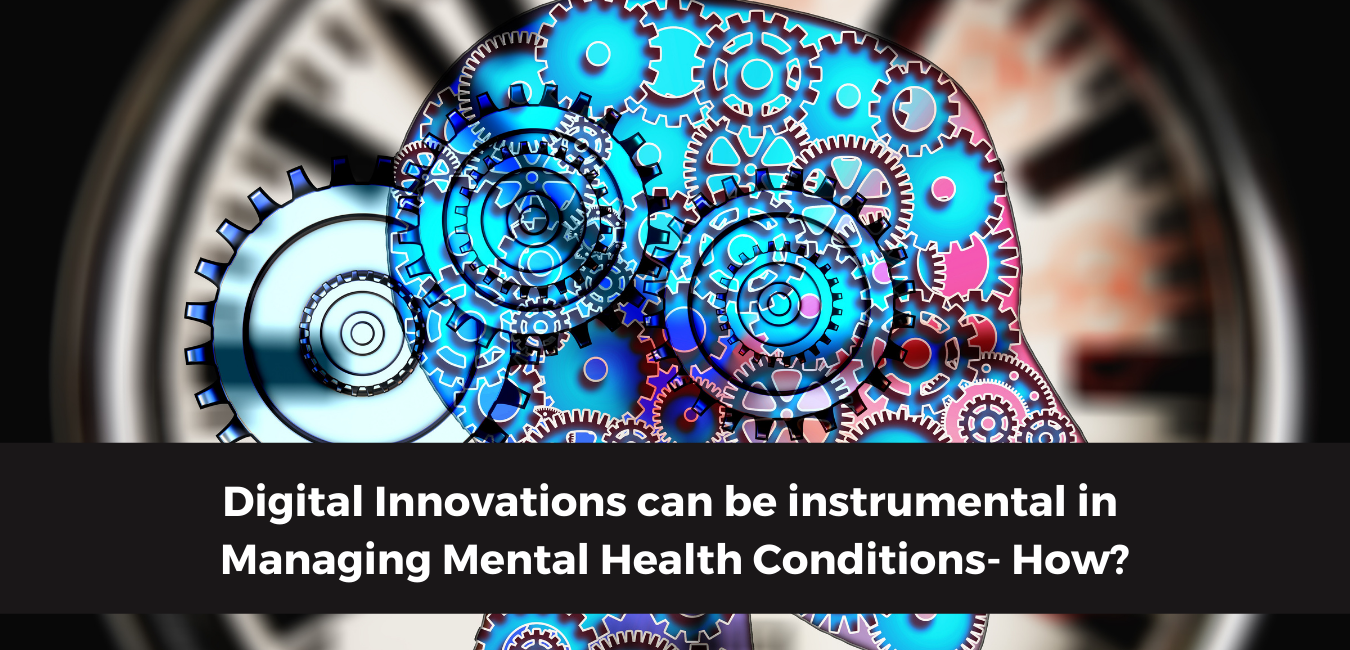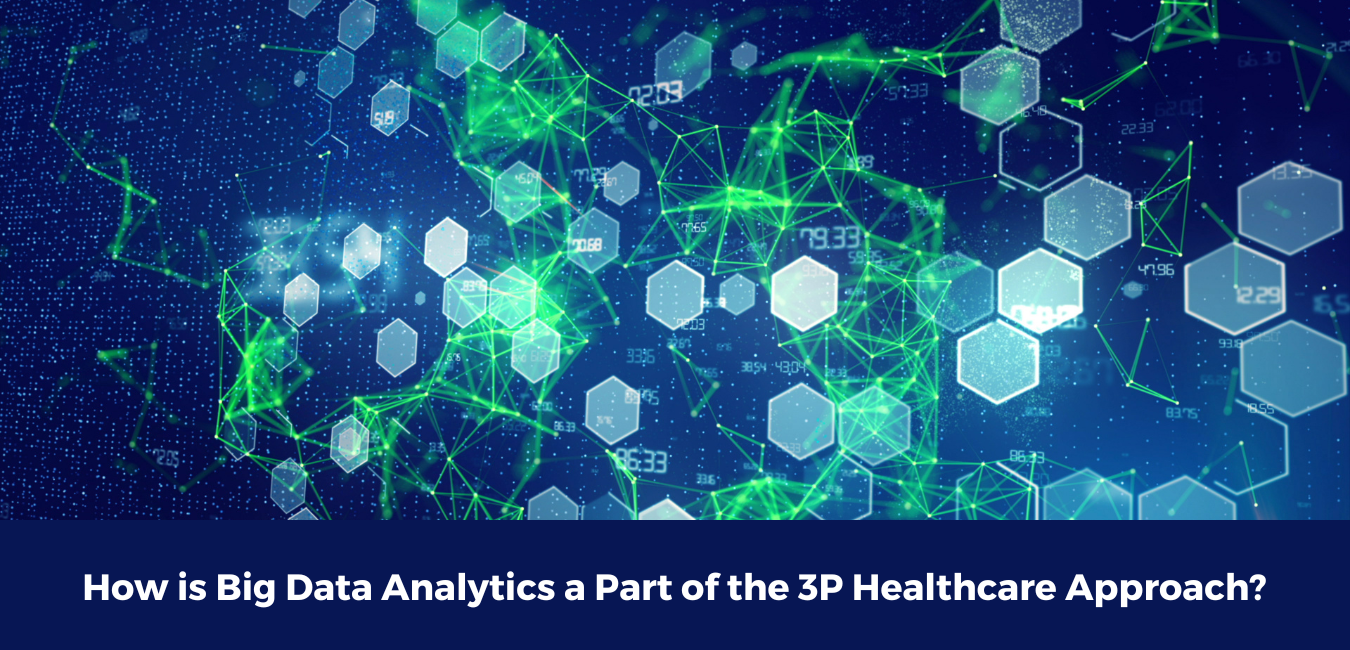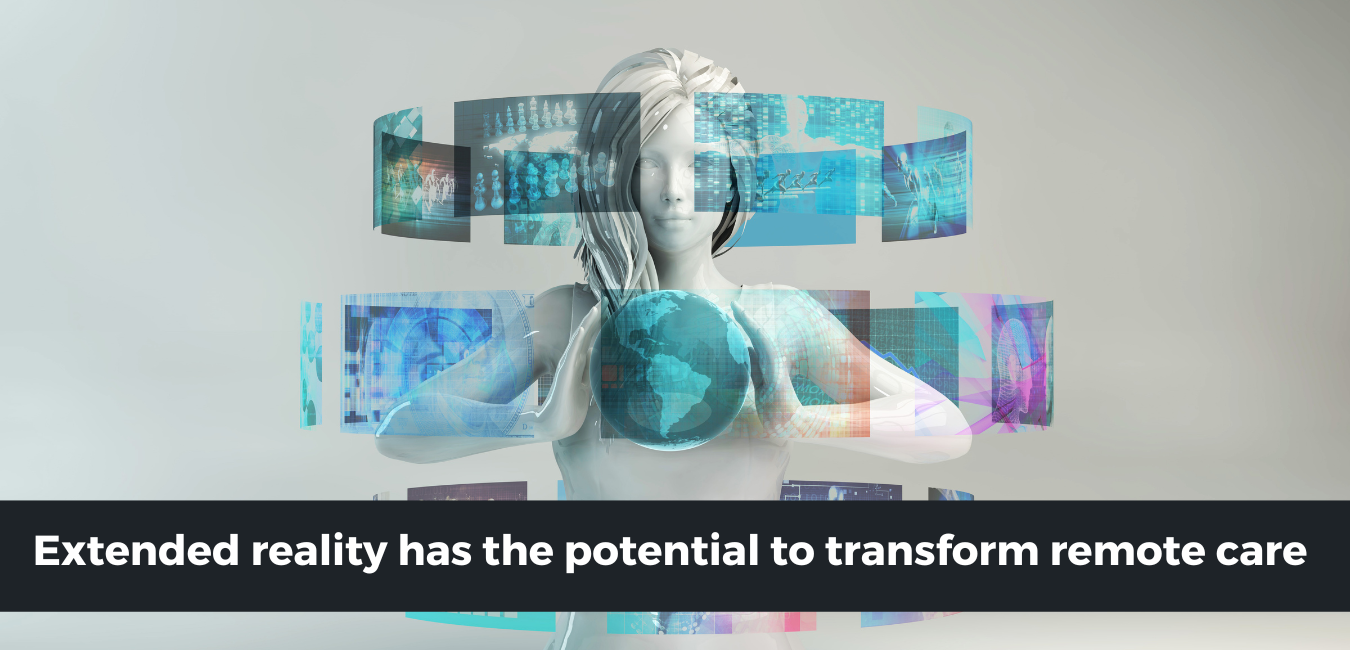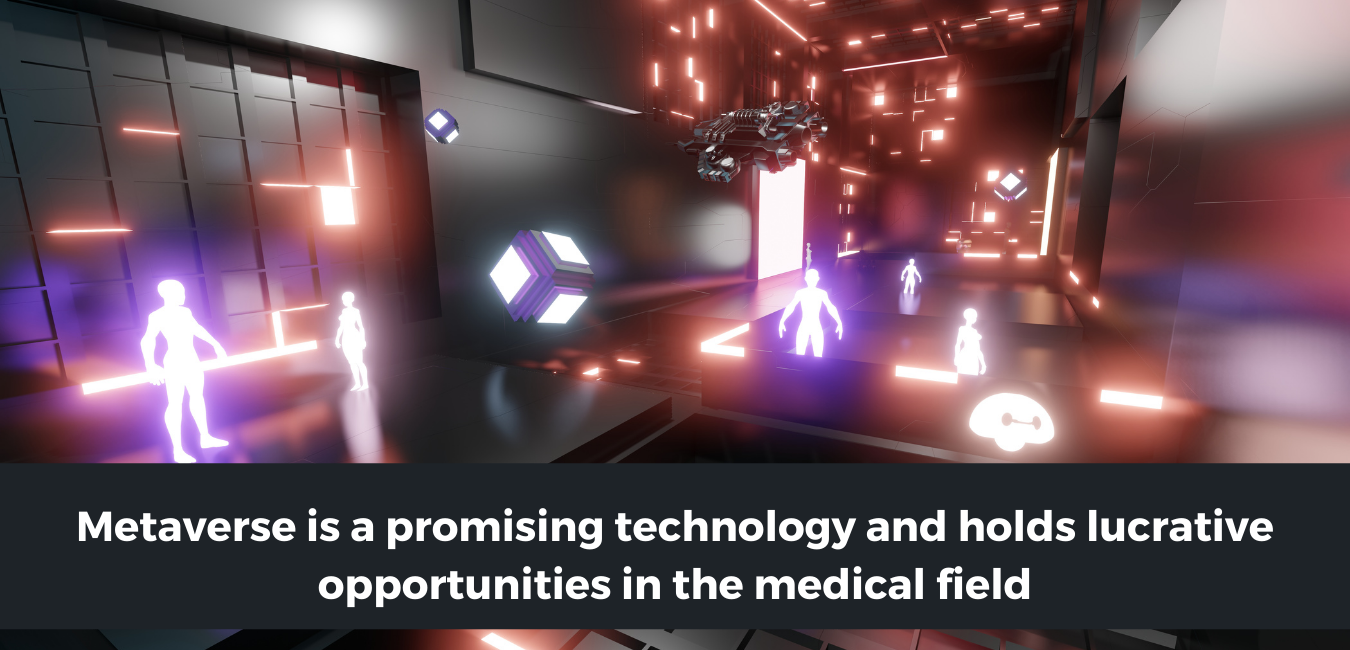Digital Innovations can be instrumental in Managing Mental Health Conditions- How?

If the last couple of years showed us anything, it would definitely be keeping mentally fit is equally important as anything else we do to keep ourselves physically fit. As we are already into the second month of the year 2022, let’s stop making an effort to get back to normal instead of focusing on “what’s next?”
Let’s not forget that millions of people across the world suffer from one or other forms of mental health disorders. More than 300 million have depression and related symptoms, and around 260 million have anxiety issues, as per the World Health Organization. Unfortunately, scientists haven’t developed any drugs that could help such patients. But some believe that emerging technological innovations allow the patients to take the first step towards a mentally healthy tomorrow.
How? It allows them to:
- Connect to a mental health professional
- Get diagnosed
- Track behaviors
- Manage and mitigate symptoms
- Keep track of their recovery and progress
Keep reading, and you will find out more about how digital innovations are instrumental in managing mental health conditions. Let’s get started!
Using telehealth for mental healthcare
Care options like teletherapy are pretty helpful in reducing the fears of stigma. This is quite beneficial in extending health and social services. Various public and private health sectors developed online mental health support like Togetherall, ReachOut, designed by community peers to help families in distress and cope with mental ill-health.
Also, with a lesser number of mental health professionals available, this option could be quite beneficial in using the available resources for helping patients who don’t want to go for face-to-face appointments because of the skepticism and stigma.
Using social media to prevent self-harm
More than 4 billion people use social media. Hence, we have a vast volume of data. Many technological innovations confirm that language patterns and images can reveal or predict mental health conditions. Thanks to emerging technologies like AI, NLP, and other data-related tools, government and private foundations can use this data and prevent suicides.
The same applications could be helpful as behavioral trackers. Scientists could harness suicidal inclinations and help people by working on their behaviors. For instance, if someone is typing more rapidly than usual, it might indicate they might be turning manic. If someone isn’t responding to any messages from family or friends, it might indicate they have issues related to depression. This is also called “digital phenotype.” Thus, helping people avoid any potential mental health breakdowns.
Some companies also use cloud-based software platforms to review medical records and other claims to identify patients at risk for developing mental health conditions.
Using digital devices to revolutionize the research process
Thanks to smartphones and wearable technologies, one can create a data pool of the global population. This data can help provide dozens of data to fill research gaps using real-world data. Another way to use this tool is to implement mental health education and ensure active participation. Collaborations could help create a revolution in mental health education for teens.
Using apps for a diverse range of mental health conditions
It won’t be wrong to say that “there’s an app for everything.” Luckily, the same is true for mental health care. You will find hundreds of apps. Some targeted users with specific conditions like anxiety, schizophrenia, or depression. Some apps are meant to track moods and thoughts. Many apps are meant to improve memory, coping, and thinking skills. Some are also helpful in meditation and imparting mindfulness.
Such apps are quite beneficial since they are convenient, anonymous, and cost-effective. However, government organizations ask the users to double-check the app before downloading. The most trustworthy interface will be easier to stick with. Try reaching out to your family doctor and ask for recommendations.
Did you know that Google teamed up with the NAMI, a mental health advocacy group, to help them with mental health screening? This is a confidential initiative that allows the users to take a self-assessment quiz.
Further, the technology could help determine moods and help spot the mood patterns. Thus, allowing users to boost self-awareness. You will find plenty of apps to log stressful events and identify patterns for better treatment efficacy.
Using VR to treat mental health conditions
Of course, there are medications available along with exercise. However, many professionals use exposure therapy to help patients relive the trauma in a controlled environment. Thus, allowing them to stop flashbacks or anxiety related to the incident.
Using VR, one can help patients relive past experiences until they get desensitized. Researchers are also trying to use computer games and VR to understand the issues associated with BPD and improve the quality of life.
What else?
Using technology, one could get specific predictive analytics to help professionals form mental health policy.
We didn’t have any real-time data to anticipate the next steps analytically until today. However, with technology, one could develop certain trajectories of physiological distress. Thus, improving mental health service waiting for times and predictions about suicides over the next five years.
Thus, allowing professionals to provide timely and effective care will prevent suicides or self-harm incidents.
Final Thoughts- Support Mental Health Using Technological Innovations
Technology is advancing and producing high-end consumer products that weren’t anticipated a few years back. It is quite helpful to enhance physical well-being. And the last two years have seen that it could be beneficial for mental well-being as well. The advances could help mitigate emotional well-being, loneliness, stress, anxiety, and poor-quality sleep.
Many are also turning to digital apps to relieve anxiety and find comfort. Clearly, technological applications help make progress to ensure that mental well-being isn’t left behind in these unprecedented times. After all, it is equally important as that of physical well-being. Do you agree?
So, which application are you using? Do you believe that technological advancements could bridge the gap in mental health well-being? How do you think we should proceed from now on? Once you get hold of the answers, the next steps or what’s next will be easier to find.










